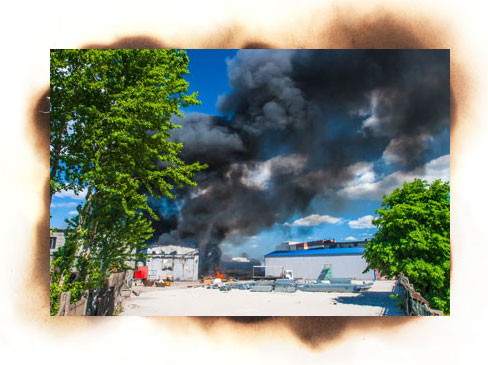
Gas Burn Injury
A gas explosion more often than not is the result of negligence by an individual or a company. A gas explosion, whether a natural gas explosion or propane explosion, is due to a gas leak of some kind combined with an ignition spark. The negligent act could cause the leak, or the spark.
Gas tanks, valves and pipelines are supposed to be leak-proof; so if a gas leak leads to an explosion, it is highly likely that there has been negligence somewhere. The negligent act could have occurred in the design, manufacture, installation, inspection, improper repair or maintenance.
Gas Burn Injury Attorney
Matt Cunningham is Arizona’s top burn injury attorney. The explosion injury lawyers at Cunningham Law Firm have a great deal of experience handling gas explosion cases nationwide. We have a number of local and national gas safety experts at our disposal who use their gas explosion expertise to ascertain the cause, origin of the gas leak, as well as applicable codes and standards.
We have handled many heart wrenching cases involving individuals badly burned in propane or natural gas explosions. Our team will do all they can to help our clients and their families get through what is a terrible ordeal.
We have handled numerous gas explosion cases involving propane, natural gas systems, automobiles, gas stoves, and propane containers. We have assembled the best experts and propane gas explosion lawyers in the United States to assist with the preparation of these cases. We specialize in handling these type of cases and have obtained some of the largest verdicts and settlements in the country.
Gas Burn Injury Statistics
A 2000 report by the National Fire Protection Association, based on 1993-1998 data, provided
the following gasoline-related annual estimates:
- Over 140,000 fires, including 120,000 in vehicles (most of them unoccupied,
fortunately). - Over 6,000 residential fires.
- About 500 deaths.
- Thousands of hospital emergency room visits.
- Nearly $500 million in direct property damage costs from gasoline-related fires.
Reference: ABA